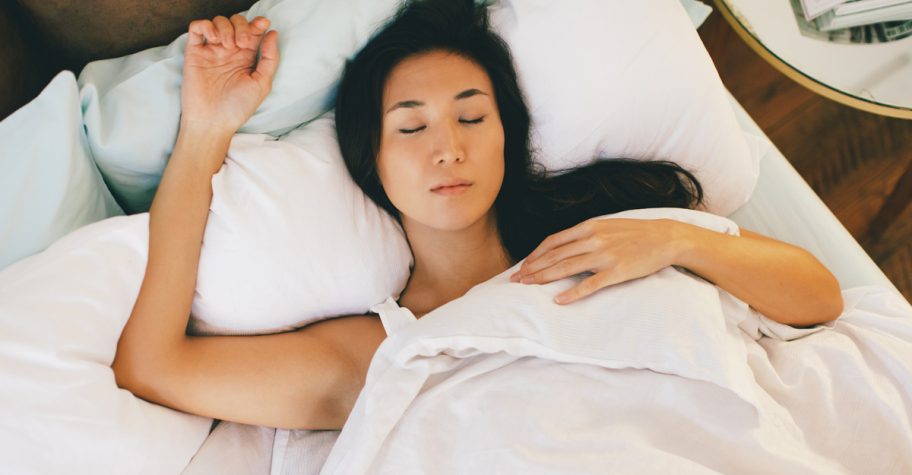Published June 2016

Working shifts or particularly long days, being on call and ‘moonlighting’ extra shifts can disrupt sleep patterns and lead to fatigue.
Did you know:
- The record for the longest period without sleep is 18 days, 21 hours, 40 minutes during a rocking chair marathon. The record holder reported hallucinations, paranoia, blurred vision, slurred speech and memory and concentration lapses
- The continuous brain recordings that led to the discovery of REM (rapid eye movement) sleep were not done until 1953, partly because the scientists involved were concerned about wasting paper
- Snoring occurs only in non-REM sleep
- Most of what we know about sleep we’ve learned in the past 25 years
- Experts say one of the most alluring sleep distractions is the 24 hour accessibility of the internet
- The 1989 Exxon Valdez oil spill off Alaska, the Challenger space shuttle disaster and the Chernobyl nuclear accident have all been attributed to human errors in which sleep deprivation played a role.
- Alcohol and caffeine have a detrimental effect on sleep. They are both associated with early-morning wakening. Caffeine has a half-life of 6 hours which means that if you have a coffee at 12 noon there will be 25% of it left in your brain just when you want to go to sleep!
Quality of sleep has a direct effect on your mental and physical health.
Lack of, or poor sleep can cause irritability, reduced concentration, impaired memory, decreased hand-eye coordination and can affect your ability to fight and endure sickness.
Here are some tips to help you maintain good sleep hygiene:
- As often as possible, go to bed at the same time every night – the body has an inbuilt natural clock which will make you sleepy when ready for bed
- Try to get up at the same time each day – by doing so the body clock remains synchronised with the outside environment
- Exercise regularly – studies have shown that regular exercise will encourage restful sleep
- Exercise should be done early in the evening or in the morning
- Get out of the hospital building or your office at some time during the day. Natural light/bright light encourages the body to produce melatonin
- Make your bedroom as restful as possible – keep the temperature cool, keep noise and outside light to a minimum and leave distracting items such as beeping watches outside
- Use your bed only for sleep – by using the bed as a couch (for knitting, watching TV, studying) the brain makes connections between the bed and these activities
- Don’t stay in the bedroom if you are awake. If unable to sleep within 20-30 minutes, get up and watch TV in another room. Only return to the bedroom when you are sleepy
- Avoid looking at the clock all the time – clocks with bright numbers are distracting, also obsessing over the time will make it more difficult to go to sleep
- Don’t use alcohol to help you sleep – alcohol consumption leads to fragmented sleep and it worsens snoring and sleep apnoea.
